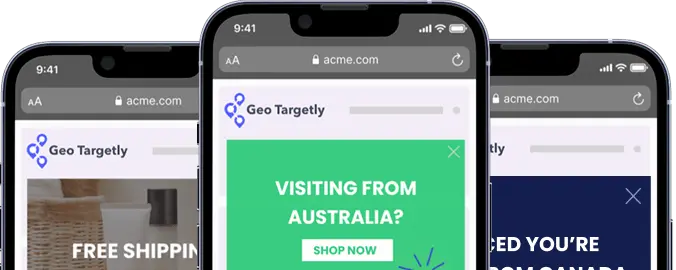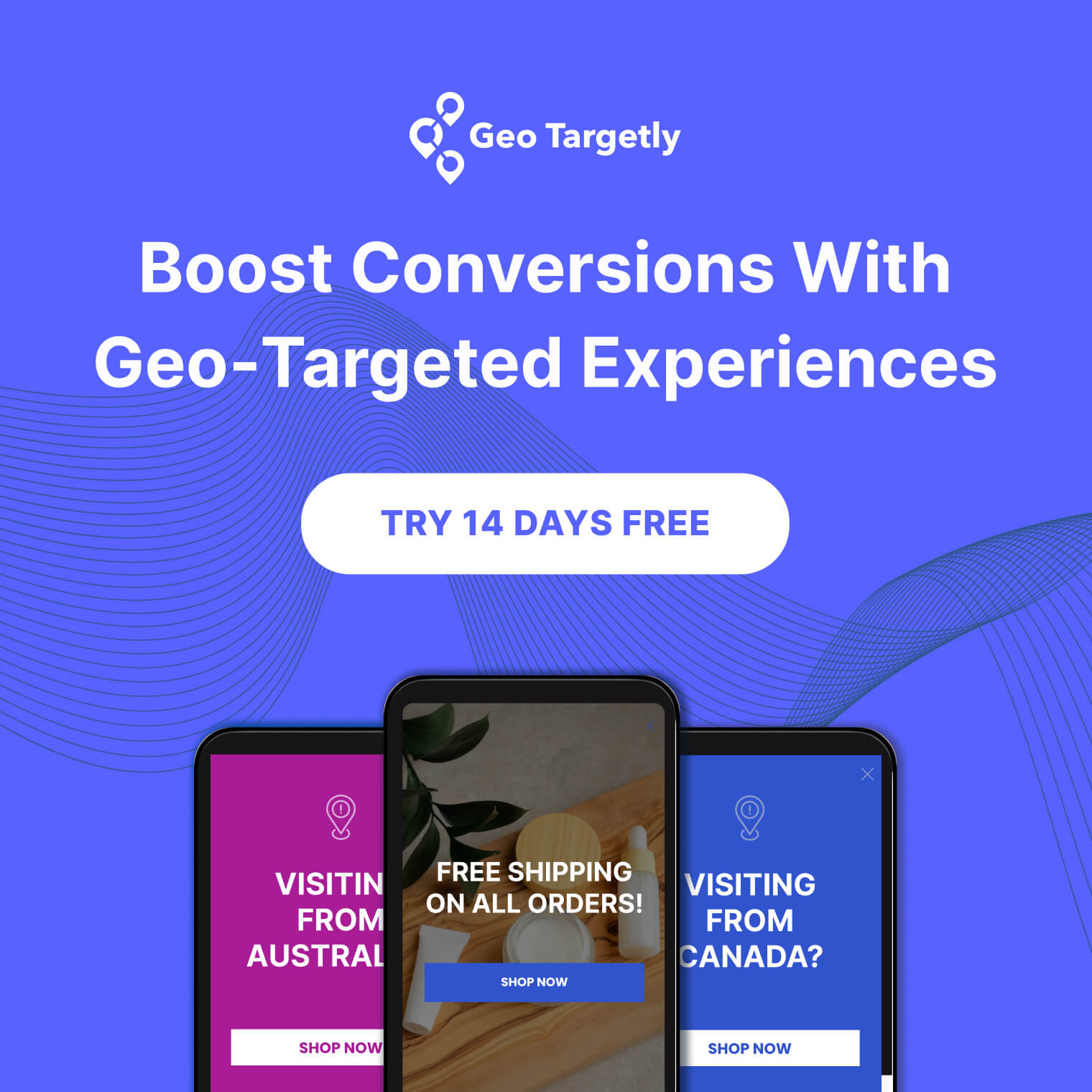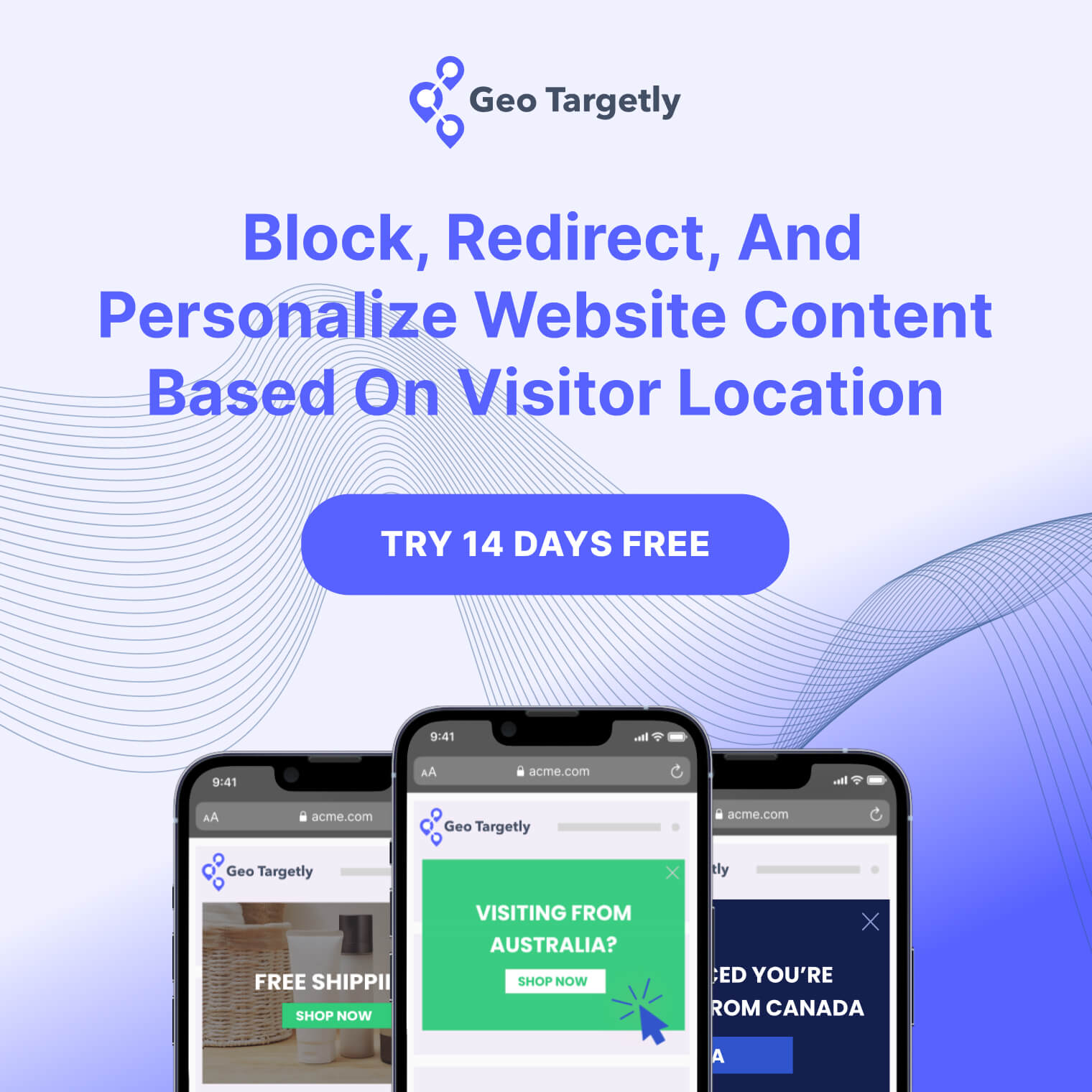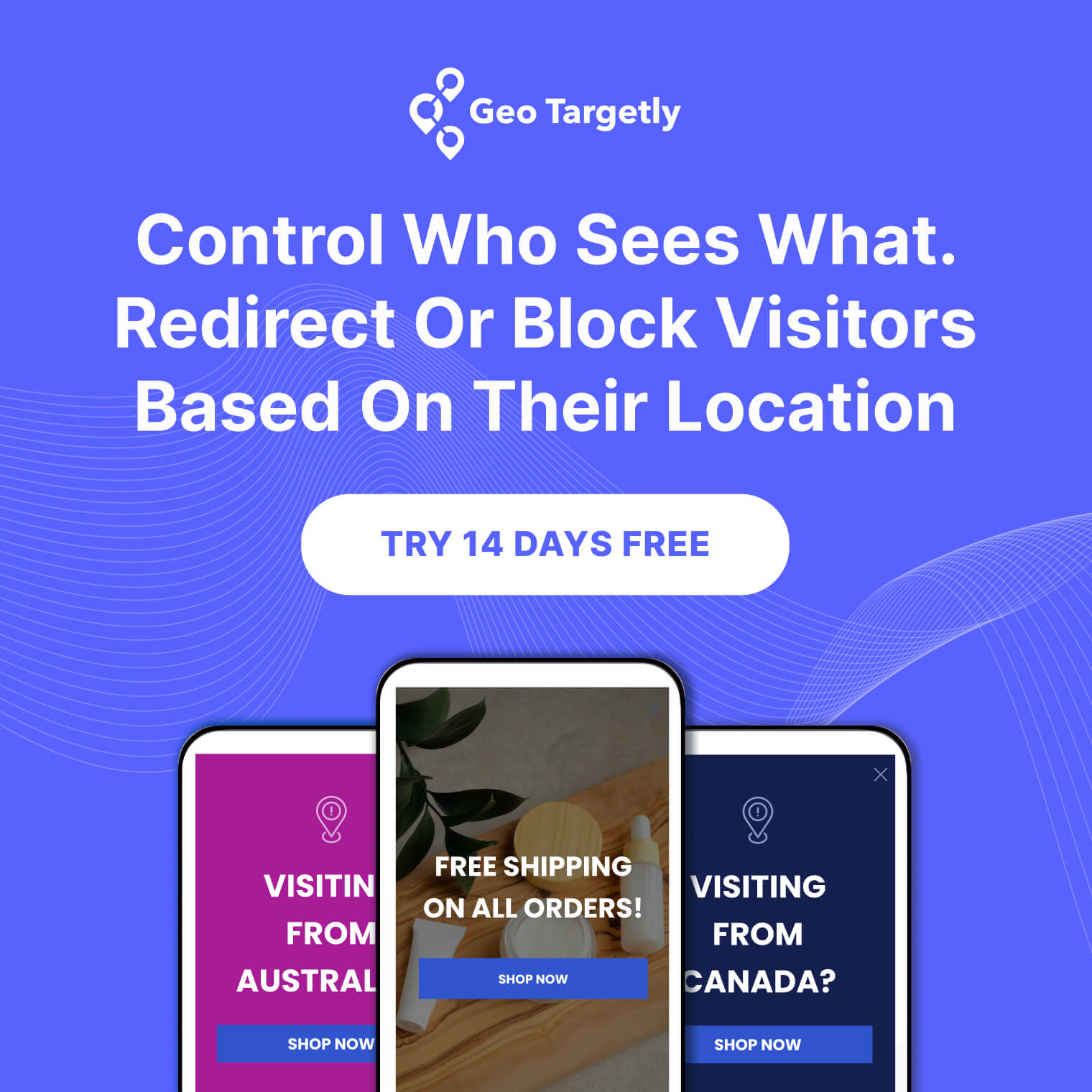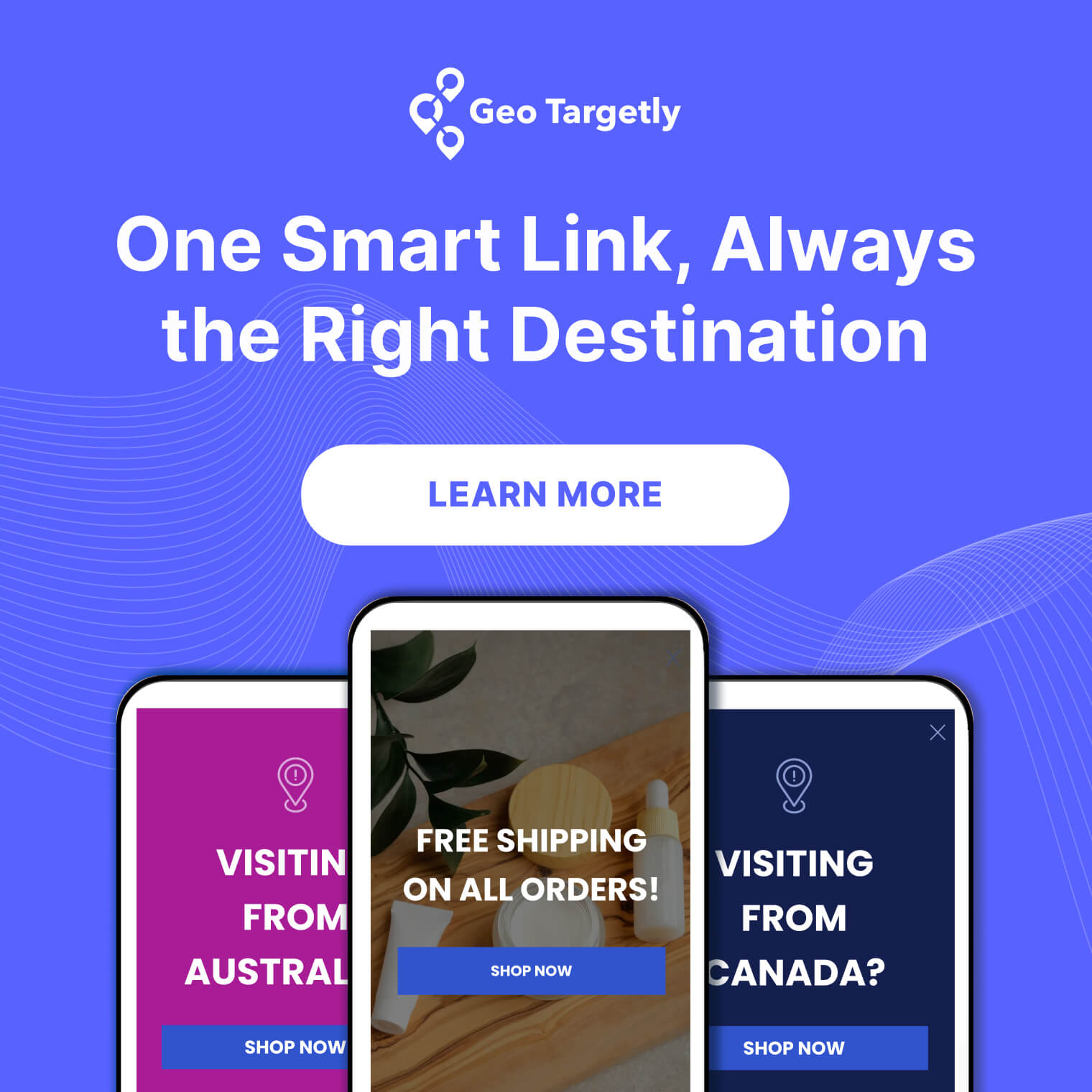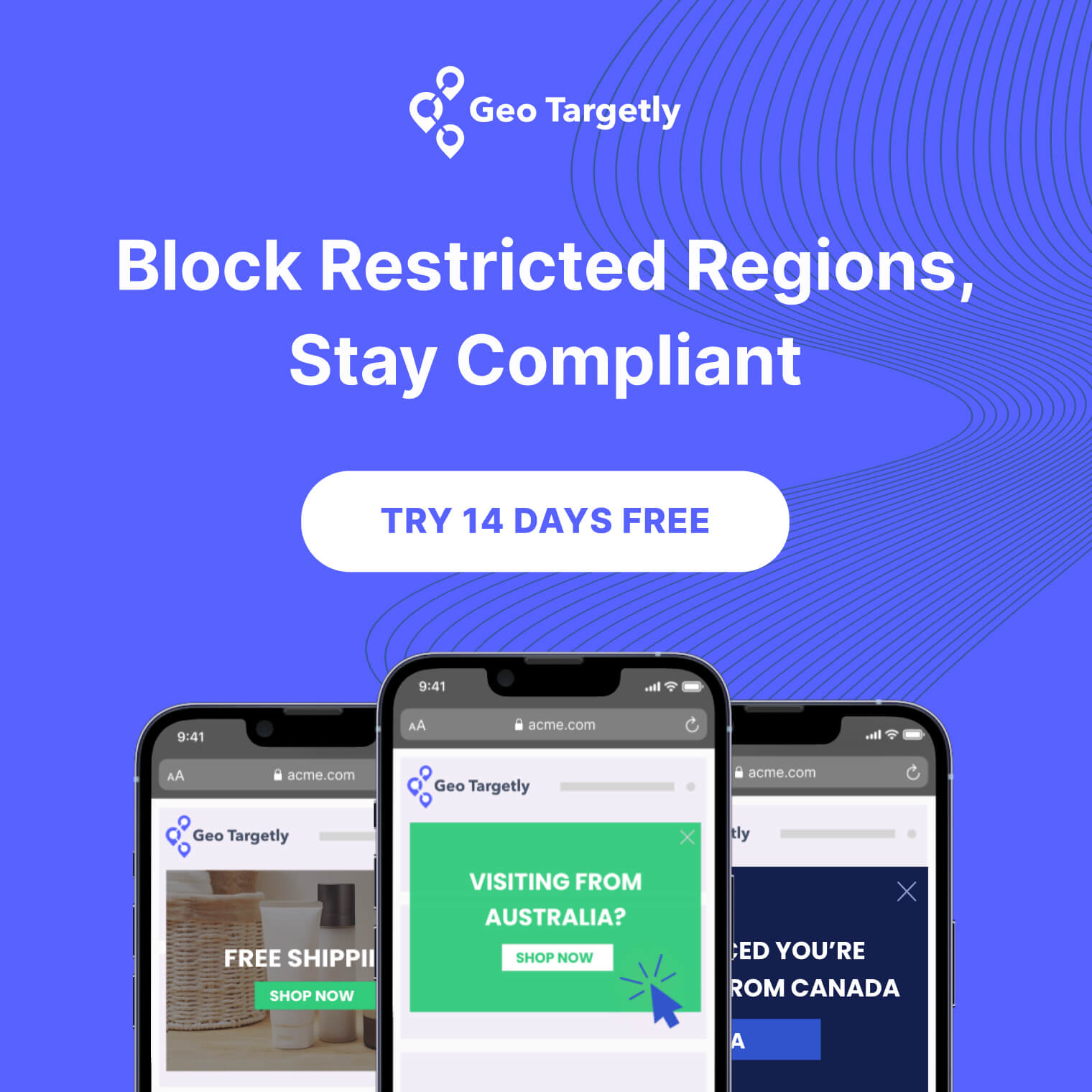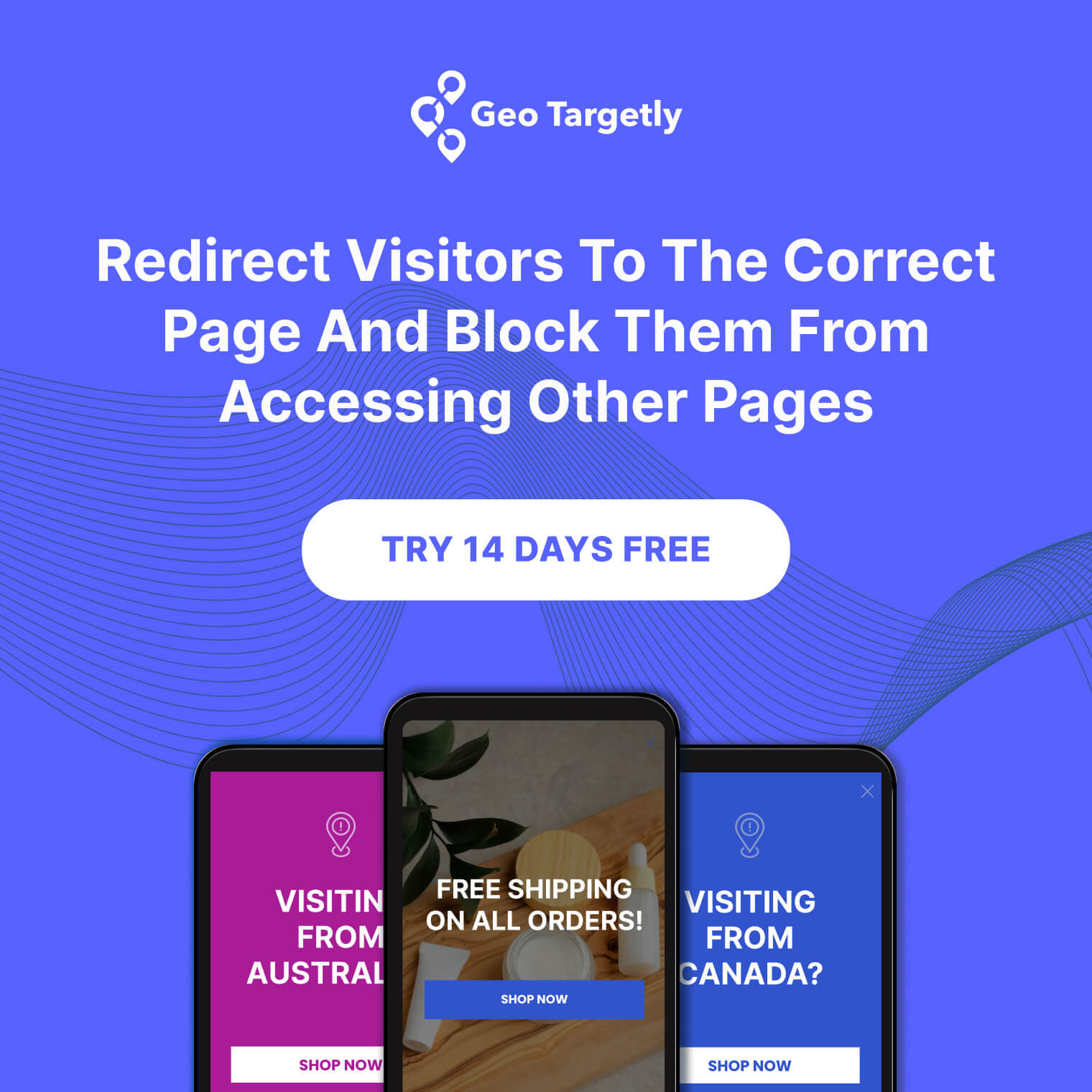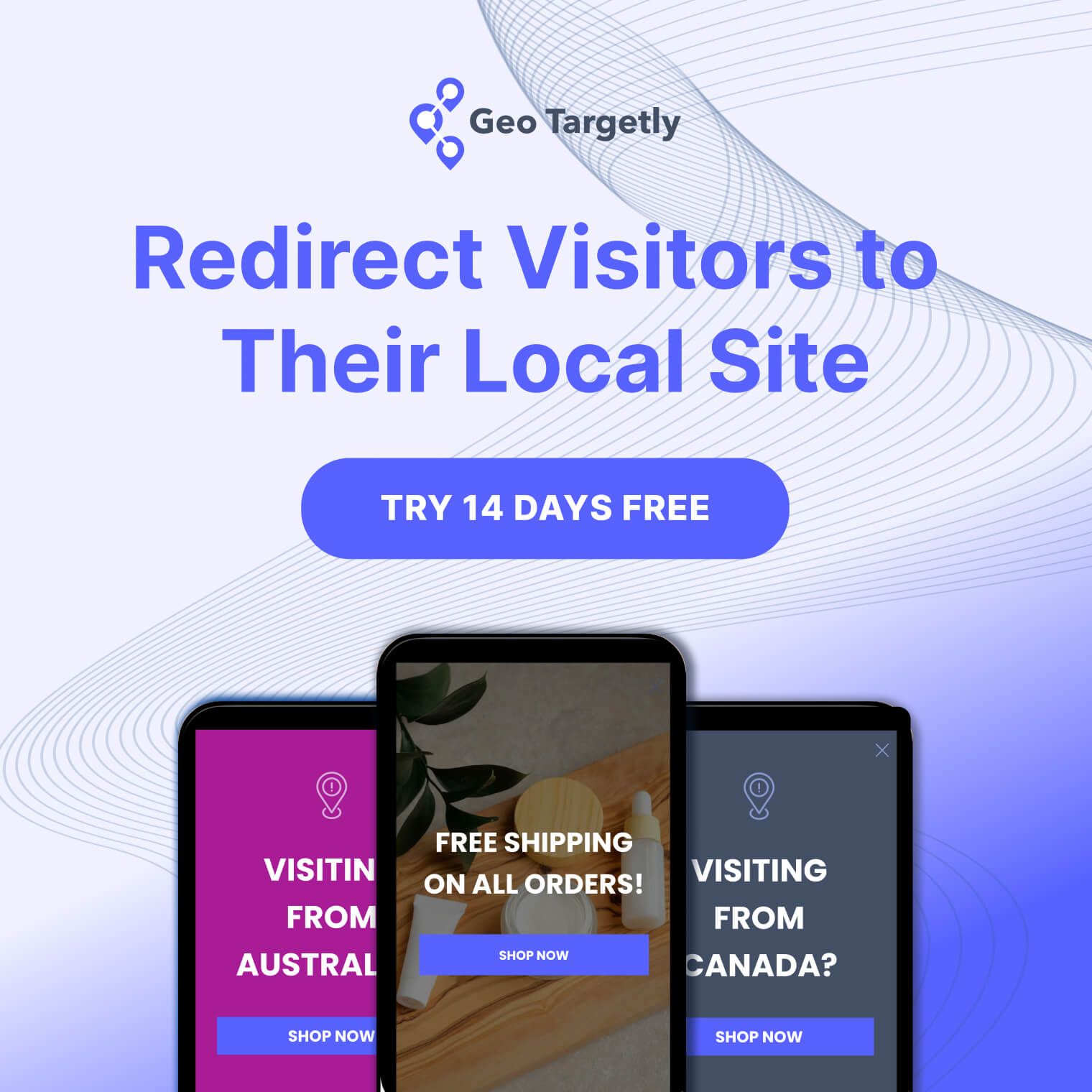

Geolocation services are indispensable for businesses and developers looking to provide personalized user experiences, implement location-based controls, and gather insightful analytics. The right geolocation API can bridge the gap between the virtual and physical worlds, enabling applications to become more context-aware and responsive to user needs.
Whether it's for enhancing security, tailoring marketing efforts, or improving service delivery, these APIs offer precise and reliable location data.
This curated list represents the top 10 geolocation APIs and services that stand out in 2025 for their accuracy, ease of use, and comprehensive data offerings. Each API has its unique strengths, catering to various requirements from basic IP-based geolocation to detailed analysis including timezone, currency, and connection type information.

Why Use an API Geolocation API?
Geolocation APIs are transforming how businesses interact with their customers. They can locate Internet-connected devices anywhere in the world, unleashing possibilities to personalize user experiences, improve content delivery, and increase security protocols.
Key Benefits of Geolocation APIs:
- Enhanced personalization: They allow you to tailor your offerings by region, adapting to the local culture, language, or currency. Imagine a shopping app automatically showing deals relevant to a user's city or a news app curating stories based on geographical interest.
- Marketing precision: The ability to design marketing campaigns that resonate on a local level.
- Security strengthening: Allows you to use location data to safeguard transactions. A sudden account access from a new country might warrant a double-check, ensuring that it’s the rightful owner behind the action. This is particularly valuable for red teaming exercises, where security teams test an organization's ability to detect and respond to suspicious login patterns from unexpected locations.
- Insightful analytics: Are certain products hitting it off in specific regions? Geolocation data can guide your strategy, highlighting where to double down or pivot.
Other things to keep in mind:
- Websites and apps that adjust based on location not only feel smarter – they make users feel seen. From localized greetings to region-specific advice, the devil's in the details.
- Retailers can use geolocation APIs to alert nearby customers about in-store events, while service apps can adjust their offerings based on local demand.
- Understanding the 'where' gives you a strategic edge. It allows you to spot trends, understand market penetration, and tailor your approach to fit the geographical landscape.
The best geolocation APIs
1. Geo Targetly - Best Overall
Geo Targetly stands out in the field of geolocation services by offering highly customized geolocation solutions. This API excels at delivering tailored content based on a visitor's geographical location, enabling businesses to provide a more personalized user experience.
With Geo Targetly, users can easily implement geo-targeted redirects, content, popups, and more, making it an ideal choice for websites looking to enhance user engagement through location-based personalization.
Pros:
- User-Friendly Geolocation Service: Incorporate Geo Targetly’s straightforward JavaScript snippet, unlocking access to comprehensive visitor location details through easy-to-understand JavaScript variables and HTML tags designed for geolocation.
- Detailed Visitor Insights: Our IP geolocation API unveils extensive visitor information, including their country, country code, state, state code, city, IP address, plus latitude and longitude, enriching user experience with precise location data.
- Map Centering Made Automatic: Use the latitude and longitude of visitors to effortlessly auto-adjust and center maps on your site, perfect for highlighting the closest store locations to any visitor.
- Streamlined Form Filling: Leverage geolocation data coupled with JavaScript to automatically select relevant options in drop-down menus and fill-in form fields, making user interactions smoother.
- Zero Database Setup Needed: Geo Targetly’s IP geolocation API eliminates the need for any local IP location databases, relying instead on JavaScript to fetch location data directly from the visitor's browser to servers.
- Enhanced Localization with Currency & Calling Codes: Enhance your website's personalization by displaying the appropriate visitor currency symbols, flags, and calling codes, tailoring the browsing experience to each user.
- Comprehensive support: Provides excellent customer support, including a knowledge base, tutorials, and responsive customer service, to help users make the most of its features.
- Seamless CMS Integration: Geo Targetly's suite of plugins and extensions offers simple, straightforward integration with popular content management systems (CMS) and e-commerce platforms for effortless deployment across various platforms.
Cons:
- Some users mention there’s a steep learning curve, especially for anybody who hasn’t used a similar product before.
Pricing: Free 14-day trial. Geo Targetly's services are tiered based on usage, starting with a $9/month basic plan that caters to smaller websites with fewer geolocation needs, and up to $279/month enterprise solutions designed for large-scale operations requiring extensive customization and support. Yearly plans offer a 20% discount. Specific pricing details are available upon request, ensuring that potential users can select a plan that best matches their requirements and budget constraints.
2. AbstractAPI
AbstractAPI offers a streamlined solution for developers in need of IP geolocation services without the complexity. Its free IP Geolocation API is tailored for straightforward, real-time IP address lookups, focusing on providing essential features in an accessible manner.
Pros:
- Starting projects is quick and hassle-free, with an intuitive interface and comprehensive documentation.
- Offers extensive support materials, including code snippets and tutorials, to facilitate development.
- Delivers geolocation data in a clear, easy-to-understand JSON format.
Cons:
- Limited customer support
- Basic functionality that might not meet the needs of developers seeking advanced geolocation features.
Pricing: AbstractAPI is accessible via a free account that offers credits for testing its services. Paid plans start at $9/month for 3,000 requests and go up to $399/month for 100,000 requests, accommodating various usage levels.
3. MaxMind
MaxMind goes beyond basic IP geolocation to offer a robust solution for fraud prevention and proxy detection, powered by advanced machine learning techniques. With coverage of over 99.9999% of IP addresses and a track record of exceptional service uptime, MaxMind is a powerful ally in secure application development.
Pros:
- Leverages geolocation data to identify and mitigate risks from high-risk IP addresses.
- Offers machine learning accuracy that uses sophisticated algorithms for precise and reliable data insights.
- Offers detailed geolocation data alongside additional features for enhanced security.
Cons:
- Complex setup. New users may find the platform's navigation and setup more challenging than simpler services.
- Details regarding the cost of paid services are not readily available online, requiring direct inquiries.
Pricing: MaxMind allows users to explore its paid services with up to $5 in free requests or to sign up for a free GeoLite2 account for basic services. The lack of transparent online pricing means interested parties should contact MaxMind directly for detailed information on service costs.
4. IPStack
IPStack is endorsed by industry giants such as Airbnb, Microsoft, and Samsung. Its commitment to straightforward functionality means users gain access to accurate IP address lookups without unnecessary complexity.
Pros:
- Its credibility is boosted by the trust placed in it by leading global companies.
- User-friendly interface. IPStack offers a clean, intuitive platform that simplifies the IP lookup process.
- Features a REST API that ensures users are notified of any service interruptions.
Cons:
- While offering robust services, IPStack’s pricing model is marginally higher than some of its competitors.
Pricing: IPStack is accessible for free with up to 1,000 monthly requests. For those needing more, plans start at $11.99/month (annual billing) or $12.99 (monthly billing) for 50,000 requests, extending up to $79.99/month for 2 million requests.
5. IPGeolocation.io
IPGeolocation.io provides extensive capabilities that go beyond simple location tracking. Covering both IPv4 and IPv6 addresses, this API provides real-time location data and excels in detecting VPNs, potential threats, TOR usage, and more.
Pros:
- Identifies VPNs and potential security threats with accuracy.
- Astronomy API: Unique feature offering astronomical data based on location.
- Enables downloading of the database in CSV format for offline analysis.
- Support in multiple languages for broader accessibility.
Cons:
- Newly generated IP addresses might take some time to be fully processed and recognized.
Pricing: Offers a free tier with up to 30,000 requests per month. Paid plans start at $15/month for 150,000 requests, with options extending up to $500/month for 20 million requests.
6. IP2Location
IP2Location has the ability to pinpoint geographical locations and proxies solely based on IP addresses, facilitating integration across software platforms without requiring user permission.
With its comprehensive database, SDK, and REST API, IP2Location simplifies the retrieval of accurate geolocation data, offering an efficient and user-friendly solution.
Pros:
- Provides accurate location data without needing explicit user permission.
- Easily incorporates into various software platforms for effortless data retrieval.
- Offers detailed geolocation insights down to specific granularities.
- No hidden costs for additional IP location lookups, providing excellent value.
Cons:
- Separate VPN detection required:. Users need to invest in an IP2Proxy plan separately for VPN and proxy detection capabilities.
Pricing: Starts at $49 per year, making it a budget-friendly option for businesses seeking reliable geolocation services without the hefty price tag.
7. IP-API
Since its inception in 2012, IP-API has become a go-to for straightforward IP geolocation services. It prioritizes basic IP lookups, making it perfect for users who don't require advanced features like threat analysis.
Pros:
- Offers unlimited requests with its paid plans, providing exceptional value.
- Supports responses in multiple formats including JSON, XML, PHP, CSV, and Newline for flexible integration.
- Capable of handling multiple queries in a single request for efficient data retrieval.
Cons:
- Pricing does not include VAT, which may affect the final cost for some users.
- Customer service experiences vary among users, with some reporting less favorable interactions.
- Free plan lacks features like API keys, SSL encryption, usage stats, and access controls.
Pricing: The free version allows for 45 requests per minute, a generous offering for casual use. Paid plans are straightforward at $13.99/month for comprehensive access, with custom pricing available for enterprise solutions, ensuring compliance with GDPR standards for European users.
8. Positionstack
Positionstack is a no-frills approach to geolocation services. It stands out for its straightforward free geolocation API, supporting up to 25,000 requests monthly.
Pros:
- Positionstack's service is user-friendly and characterized by its clarity and ease of use, making geolocation accessible to all.
- Offers responses in JSON, XML, and GeoJSON formats, accommodating a wider range of development needs.
- Enhances user experience with multilingual support and embeddable map functionality for comprehensive visualizations.
Cons:
- Lacks advanced functionalities such as threat assessments and analytical tools, focusing solely on geocoding services.
Pricing: Access to Positionstack’s API is free for up to 25,000 requests per month. Paid plans escalate from $9/month for 100,000 requests to $99/month for 3 million requests, designed to suit varying demands.
9. IPData
IPData offers a completely free, comprehensive geolocation and threat intelligence API. Its user-friendly interface simplifies navigation and account setup, providing immediate access to geolocation data alongside valuable threat intelligence feeds.
Pros:
- Offers a generous free tier suitable for personal use with 1,500 requests daily.
- Includes threat intelligence feeds for advanced security assessments.
- Provides mobile carrier and ASN data, enhancing the depth of geolocation insights.
Cons:
- The free tier is limited to non-commercial applications, potentially limiting its utility for business users.
Pricing: The free tier accommodates up to 1,500 daily requests. Paid plans start at $10/month for 2,500 daily requests and scale up to $120/month for 100,000 daily requests, with significant discounts for annual payments.
10. DB-API
DB-API offers a robust geolocation solution with a comprehensive dataset encompassing over 2 million unique locations worldwide. Its services are tailored to deliver detailed user location insights across an extensive array of languages and facilitate live currency conversions.
Pros:
- Extensive IP address database. Covers a vast range of IPv4 and IPv6 blocks, ensuring wide-reaching geolocation capabilities.
- Supports over 50 languages, making it a versatile tool for global applications.
- Advanced API management that includes real-time monitoring, key management, and trend analysis for in-depth API usage insights.
Cons:
- The starter plan may experience inconsistencies in uptime, potentially affecting reliability.
Pricing: DB-API's pricing model begins at $10 for a basic plan, catering to 2,000 to 50,000 daily requests. Premium and Enterprise plans offer higher request capacities, with the latter providing unlimited access for $563/month.
How to choose a Geolocation API
With so many options available out there, it’s important to focus on your specific needs and how each API can cater to those. Here are some key considerations to guide your selection process:
- Understand your needs: Are you looking for basic location data, or do you need advanced features like threat detection or real-time analytics? Your project's requirements will significantly narrow down your options.
- Accuracy and reliability: The precision of location data varies among providers. Look for APIs that offer the level of accuracy you need, whether it’s country-level or more granular city or zip code data.
- Ease of integration: Consider how well the API integrates with your current systems. Look for APIs with comprehensive documentation, SDKs for different programming languages, and active community support.
- Scalability: Your chosen API should be able to grow with your project. Assess whether the API can handle your expected volume of requests and whether you can easily upgrade your plan as your needs expand.
- Cost: Pricing structures vary widely. Evaluate the cost against your budget and the value it brings to your project.
- Compliance and privacy: Ensure the API provider complies with global data protection regulations like GDPR if you operate or serve users in those regions.
- Customer support: Good customer support can be invaluable, especially when you encounter integration issues or unexpected downtime. Look for providers with a reputation for responsive and helpful support.
By carefully weighing these factors, you can select a Geolocation API that meets your current needs and supports your project's growth and success in the long term.
FAQs:
What is an IP Geolocation API?
An IP Geolocation API is a service that allows you to determine the geographic location of a device connected to the internet based on its IP address. These APIs can provide detailed information such as the country, region, city, zip code, and even latitude and longitude coordinates. They are used in a variety of applications, from customizing content and advertising to enhancing security and analyzing web traffic.
Are there free IP Geolocation APIs?
Yes, there are free IP Geolocation APIs available that offer a range of services from basic location data to more detailed insights. While these free versions typically come with certain limitations, such as a restricted number of requests per month or less detailed information compared to premium services, they can be a good starting point for small projects, personal use, or businesses just beginning to explore the benefits of geolocation data. Many paid APIs offer a free trial if you want to give a more powerful API a try.





.webp)



